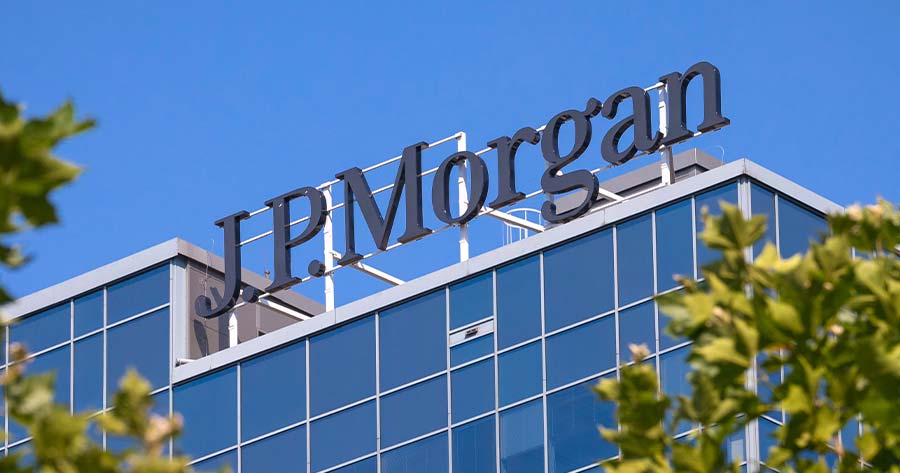JP Morgan has sounded the alarm on the U.S. economy following a recent announcement of substantial tariff measures, which could generate nearly $400 billion in revenue, equivalent to about 1.3% of GDP, the most significant tax increase since the Revenue Act of 1968.
According to the investment bank, these measures are expected to increase personal consumption expenditure (PCE) prices by 1-1.5% in 2025, while inflationary impacts are likely to be most noticeable during the year’s middle quarters.
Meanwhile, the bank cautions that the hit to purchasing power may push real disposable personal income growth into negative territory in the second and third quarters, flagging the risk of a contraction in real consumer spending. Such developments could drive the economy dangerously close to a recession, even before considering the additional pressure from reduced gross exports and investment spending.
Concerns are further amplified by emerging headlines of potential retaliatory actions from U.S. trading partners, with more details anticipated soon. The ambiguity surrounding the duration and full impact of these tariffs only adds to the challenges facing investment spending, creating a less favorable climate for economic activity.
This could lead to further setbacks in investment initiatives. While this might narrow the savings-investment gap and thus the current account deficit, the overall economic environment remains fraught with risk.
In the wake of these developments, JP Morgan plans to reassess its economic forecast later this week as it continues to gauge the unfolding situation.





